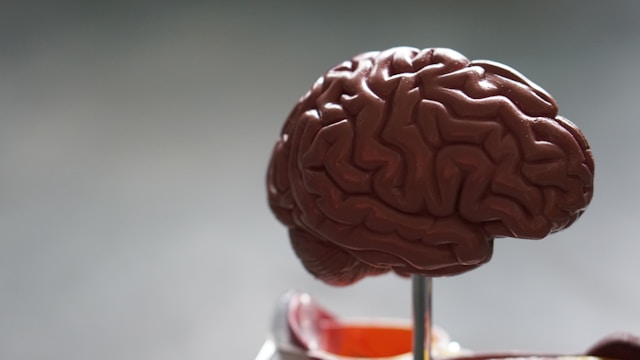Dementia can affect younger adults too, with symptoms that may appear earlier than expected
Dementia, often associated with older age, can also manifest in younger adults, sometimes even in their 30s. Despite its perception as an ailment of the elderly, early onset dementia can begin well before the age of 65, with symptoms that may go unnoticed or misattributed if not carefully monitored. Currently, over 70,800 individuals in the UK live with young-onset dementia, a condition that presents unique challenges compared to dementia diagnosed later in life.
According to Alzheimer’s Research UK, global projections suggest a significant increase in dementia cases, potentially rising from 57 million in 2019 to an alarming 153 million by 2050. Dementia is not a singular disease but a spectrum of cognitive and memory impairments caused by various brain disorders, with Alzheimer’s disease being the most prevalent culprit.
Embed from Getty ImagesUnlike dementia in older adults, early onset dementia in younger individuals may present with a broader range of underlying causes, often including rarer forms of the disease. Memory loss, a hallmark symptom in older adults, may not be the initial indicator in younger people. Instead, early symptoms might involve changes in behavior, language difficulties, vision impairments, or challenges with coordination and balance.
The condition can also be more likely to be inherited genetically, affecting up to 10% of younger people diagnosed with dementia. Diagnosis of early onset dementia can be particularly challenging due to its rarity and the lack of experience among health professionals in recognizing its symptoms. Symptoms may be mistaken for other issues such as stress, work-related challenges, or even menopause.
Analysis:
- Political: The rising prevalence of dementia, including early onset cases, underscores the need for healthcare policies that support early detection and comprehensive care strategies for younger adults affected by the disease. Policies addressing research funding and caregiver support are crucial to mitigating the impact of dementia on affected individuals and their families.
- Social: Awareness campaigns are essential to educate the public about the signs of early onset dementia, reducing stigma and encouraging timely medical intervention. Social support networks also play a vital role in providing assistance and advocacy for younger adults living with dementia.
- Economic: The economic impact of dementia, particularly in terms of healthcare costs and lost productivity, is significant. Early diagnosis and intervention can potentially alleviate some of these economic burdens by enabling individuals to access appropriate treatments and support services earlier in the disease progression.
- Healthcare: Enhancing healthcare professionals’ awareness and training in recognizing early-onset dementia symptoms is crucial. Improved diagnostic tools and research into effective treatments are needed to address the unique challenges faced by younger adults with dementia.
- Ethical: Ethical considerations include ensuring equitable access to healthcare services and support for individuals with early-onset dementia, regardless of age. Respect for autonomy and dignity in decision-making processes, particularly as the disease progresses, is essential.
